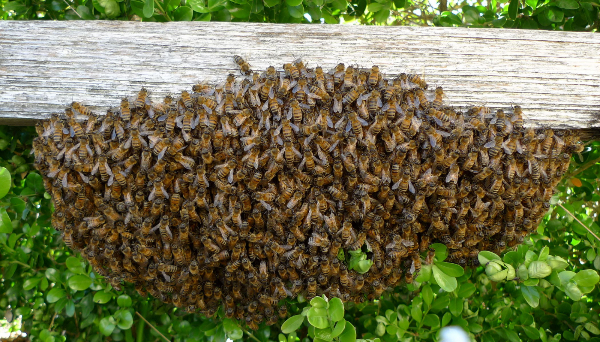The beekeeping industry is facing some of its biggest challenges with increasing bee pests and diseases. This is of great concern because, in terms of the food we eat, about a third of the calories and three-quarters of the diversity rely on bees for pollination.
The most important issue leading to a bee crisis in New Zealand is declining floral resources and the subsequent scarcity of quality bee pollen, which leads to bee malnutrition. The key to good bee health is a continual supply of diverse pollen and nectar from natural sources.
Bees consume pollen as a protein and vitamin source and nectar for energy. While gathering these resources, they move pollen from one plant to another thus pollinating of crops and plants. Availability of quality pollen resources is critical during spring when beekeepers are building up bee populations for pollination services. Any shortfall leads to protein stress that weakens bees making them more susceptible to diseases and pests (e.g Varroa mite); it also dramatically slows the queens breeding output and this results in low field strength and under-performing pollination services.
The Urban Trees for Bees brochure presents a shortlist of bee plants suitable for both city and country gardens. To download your copy or to find out more about how you can help, follow the link below.
Or if you are in the Farming Industry and would like to know more or download your copy of the Trees for Bees Program, follow the link below.


 UMFHA REGISTERED
UMFHA REGISTERED



